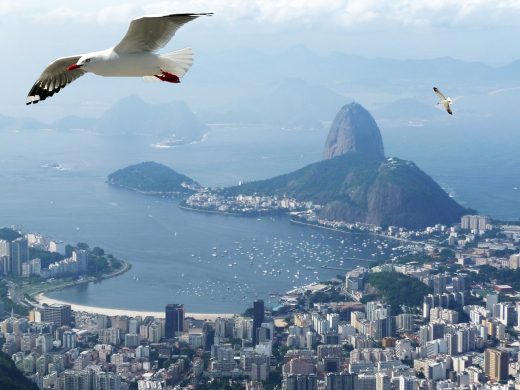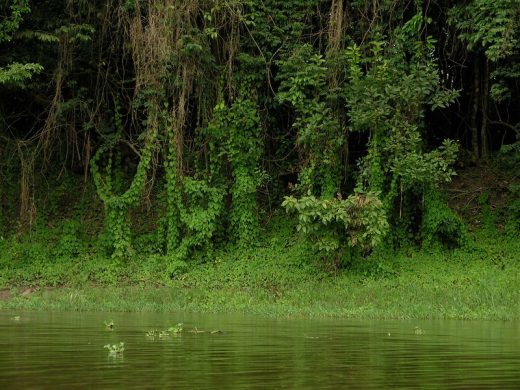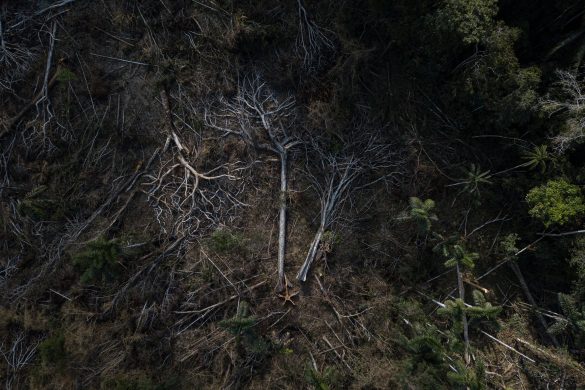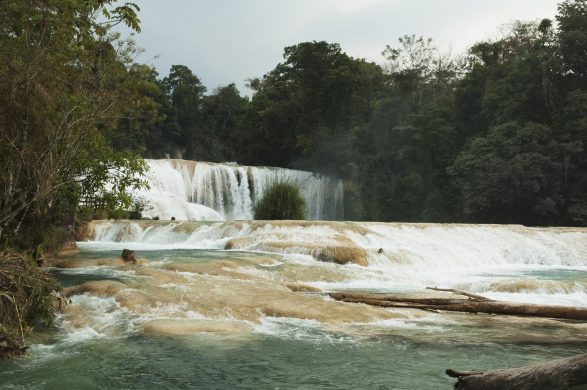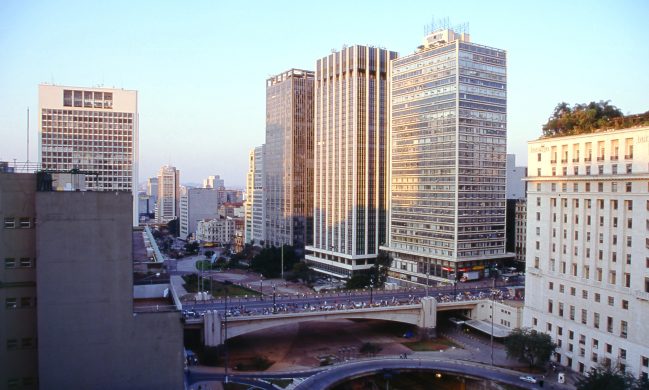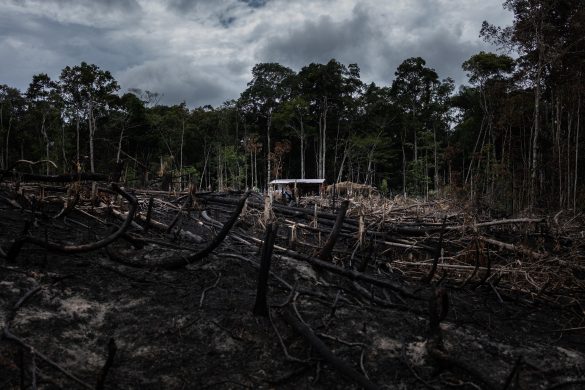SÃO PAULO, 15 August, 2017 (SciDev.Net): The lakes, rivers and seas of two large cities in Brazil are becoming major sources of multidrug-resistant bacteria, according to new research that records ‘superbugs’ in these waters for the first time.
The study, due to be published in November's print edition of the journal Science of the Total Environment, assessed samples of water from aquatic urban environments in Sao Paulo state.
Researchers identified 23 strains of 11 bacteria species in samples collected throughout 2013. Among the species found were Escherichia coli, Pseudomonas aeruginosa and Klebsiella pneumoniae, which are all responsible for most hospital infections and are resistant to the most commonly used antibiotics.
After evaluating the resistance profile of each bacterium to different kinds of antibiotics, the researchers discovered they are capable of producing enzymes that protect them from several antibiotics, such as amoxicillin, cefotaxime and ceftriaxone.
“It’s likely that the contamination found in the lakes and rivers of Sao Paulo is a consequence of limited or no treatment of wastewater from hospitals or households,” said Nilton Lincopan, a medical technician at the Institute of Biomedical Sciences at the University of Sao Paolo, and lead author of the paper, in an interview with SciDev.Net.
Også ved Rios strande
The research team found similar results in water samples taken from Rio de Janeiro’s beaches, and from Guanabara Bay, also in the state of Rio.
The threat of ‘superbugs’ is growing alarmingly in the developing world. And according to the WHO, multidrug-resistant bacteria are responsible for approximately 700,000 deaths globally every year, and 23,000 of those occur in Brazil.
The development of resistance to the most powerful antibiotics occurs when bacteria survive and continue to multiply, often due to genetic mutations that occur when the same drug is used repeatedly or improperly.
This process has been accelerated by the indiscriminate use of antibiotics. And the problem is made worse by the pharmaceutical industry’s reluctance to develop new drugs.
For biologist Domingos da Silva Leite, from the Institute of Biology at Campinas State University in Brazil, these findings are a wake-up call about the risk of ‘superbugs’ spreading in urban waters.
“The most worrying [aspect] is the possibility that these bacteria will transmit resistance genes between them,” he told SciDev.Net. “Strict control of the use of antibiotics is very necessary, so that they are used just in certain doses and for a specified period of time.”

